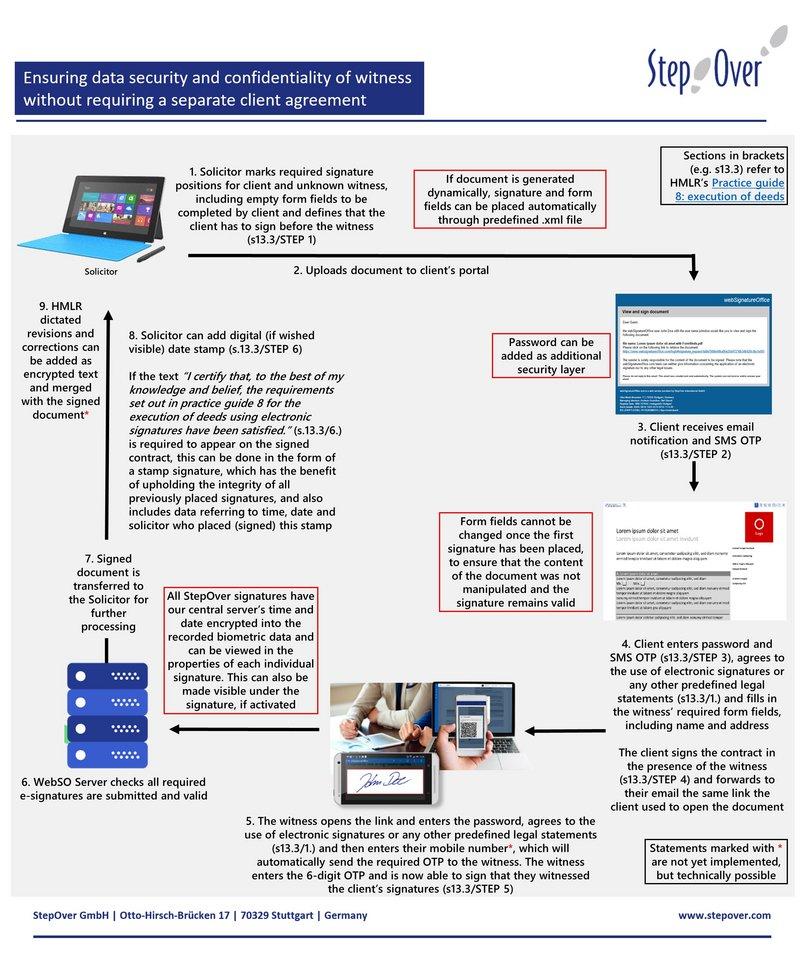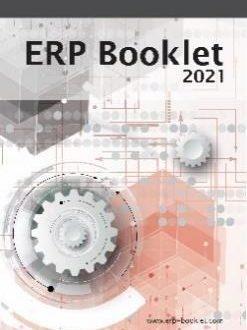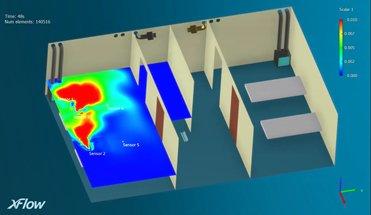
All you need to know to sign your deeds electronically in the UK
This 9-step guide will inform you of the requirements your business needs to fulfil in order to offer your clients to sign deeds electronically, and how StepOver can help you implement the right eSignature solution for all your document management processes. Using electronic or digital signatures, will save your business not only time and costs associated with manually signing and sending contracts, free up resources that can be invested in other practice areas and reduce your business’ carbon footprint. However, most importantly, it makes you more competitive, as your clients’ requests can be processed at a fraction of the time it takes competing law firms.
Five core requirements to constitute a deed
For a contract to be regarded as a deed, it must fulfil five requirements, all of which can be achieved digitally:
- A deed must be in writing. The Interpretation Act 1978 and case law (J Pereira Fernandes SA and Golden Ocean Group) uphold the notion that electronic documents are in writing.
- A contract must be expressed to be a deed. This is usually achieved through the wording or naming of the document or contract.
- A deed must be delivered. This delivery does not need to be physical and arrangements for delivery of electronic deeds need not differ to that of wet ink deeds.
- A deed must be executed. For individuals: section 1(3) of the Law of Property (Miscellaneous Provisions) Act 1989; For companies and LLPs: section 44(2) of Companies Act 2006; For foreign companies: Overseas Companies (Execution of Documents and Registration of Charges) Regulations 2009; For local authorities: section 74 of Law of Property Act 1925
- A deed must be witnessed. While the digital merger of data through a hash sum is not easily witnessed, the signatory’s action of signing, and therefore initiating the process, is.
Furthermore, the September 2019 Law Commission report on the Electronic execution of documents found:
- The combination of eIDAS, domestic legislation and case law means that an electronic signature is capable of meeting a statutory requirement for a signature if an authenticating intention can be demonstrated.
- An electronic signature can be witnessed. Although a witness may not be able to see the digital information, they can see the signatory purporting to add their signature to a document on the screen.
- The requirement under the current law that a deed must be signed “in the presence of a witness” requires the physical presence of that witness.
- The requirement that deeds must be delivered does not impede the electronic execution of deeds in practice.
Which documents can be signed electronically?
Documents that can be signed:
- A deed that effects one of the dispositions referred to in section 27(2) and (3) of the Land Registration Act 2002.
- A discharge or release in form DS1 or form DS3.
- Equivalent deeds in respect of unregistered land.
- An assent of registered or unregistered land.
- A power of attorney other than a lasting power of attorney (see Lasting powers of attorney)
Documents that cannot be signed:
- Some documents that need to be registered with HMRC (e.g. stock transfer forms needing stamped). Simple electronic signatures do not meet the statutory or policy requirements for documents to be registered with HMRC.
- Statutory declarations that are ‚made‘ rather than signed or executed. However, a temporary relaxation was introduced in April 2020 to allow virtual statutory declarations in insolvency proceedings.
- Depending on country of origin and type of document, foreign companies may not be legally able to execute documents using electronic signatures.
What to look out for:
- To be able to proof the legitimacy and validity of the document and signatures within it, HM Land Registry advises that the automatically created audit trail needs to be retained. An audit trail requires the time, date, email addresses, SMS OTP, information of filled out form fields and IP addresses of all signatories.
- The witness must be able to physically witness the process of signing, while also being in the same physical location – during Covid-19, this can occur on respective sides of a window or behind PPE. However, witnessing the signature via video call is not currently accepted.
- Handling of witness data. Unless a separate data privacy agreement exists between the company and the witness, issuing a signature request to the witness may not be GDPR compliant. This can be circumvented, if the client enters the witness’ details themselves.
- All parties must agree to the use of electronic signatures – can be achieved through a simple pop-up that the signer needs to confirm before receiving access to the document
How we can help
If your company is looking to conduct your business online and digitally replicate your conveyancing processes with the help of easy and secure electronic signatures, reach out to our Sales team to find out how we can save you costs, time and resources with our fully integrable range of eSignature solutions.
Die StepOver GmbH ist im Bereich der handgeschriebenen elektronischen Signatur derzeit weltweiter Technologie- und europäischer Marktführer. Das Stuttgarter Unternehmen entwickelt und fertigt Unterschriften-Erfassungsgeräte im eigenen Haus und bietet darüber hinaus mit seiner Palette an eigens entwickelter Anwendungssoftware und Programmierschnittstellen alle benötigten Funktionen, um ein beweissicheres System zur handgeschriebenen, biometrischen e-Signatur verwirklichen zu können.
Branchenübergreifend werden jedes Jahr etwa eine Million Unterschriften mit StepOver e-Signatur-Lösungen geleistet und dadurch der Medienbruch zwischen EDV und Papier weitgehend vermieden. Auf diese Weise können enorme Einsparungen erzielt werden. Allein den Papierverbrauch betrachtet, beläuft sich das Sparpotenzial aller sich gegenwärtig im Einsatz befindender StepOver Signaturpads auf rund 650 Tonnen Papier, die Jahr für Jahr NICHT bedruckt werden müssen. Nicht nur im Versicherungs- und Bankenwesen gilt die StepOver mit ihren technisch ausgefeilten Lösungen zur handgeschriebenen e-Signatur derzeit als Standard auf dem Weg zum papierlosen Büro.
Außerdem profiliert sich das Unternehmen in Punkto Sicherheit handgeschriebener, biometrischer e-Signaturen als kompetenter Wissensträger in der Branche. Mit transparenter Bereitstellung von Informationen und Offenlegung aller Verfahren berät StepOver Kunden sowie Interessenten umfassend über den Einsatz, die Risiken und die Technologie biometrischer e-Signaturen und leistet damit unermüdlich Pionierarbeit auf diesem für viele Kunden noch neuen Gebiet.
Die StepOver GmbH bietet ihren Kunden höchste Qualität, Sicherheit und Praktikabilität aus einer Hand.
StepOver GmbH
Otto-Hirsch-Brücken 17
70329 Stuttgart
Telefon: +49 (711) 12026930
Telefax: +49 (711) 12026931
http://www.stepover.com
Presseansprechpartner
Telefon: +49 (711) 12026934
Fax: +49 (711) 120269-31
E-Mail: sabine.staudt@stepover.de
![]()




